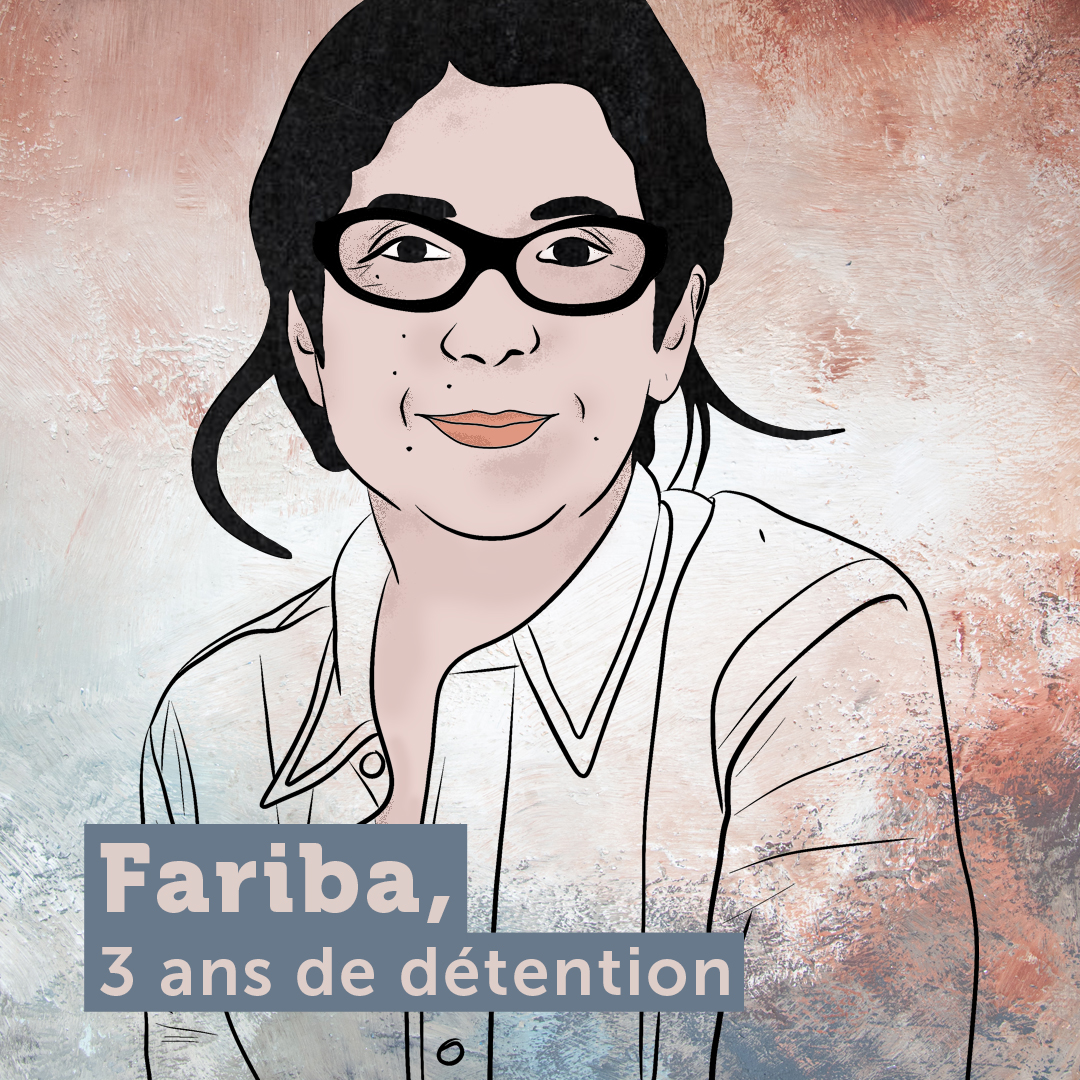Fariba Adelkhah, three years already...

By Alain Dieckhoff, Director of CERI
This year again, and for the third year, we will mark the sad anniversary of the arrest of our colleague at CERI Fariba Adelkhah, director of research at Sciences Po. On 5 June 2019, Fariba was arrested in Iran, along with Roland Marchal, a CNRS researcher at CERI. Roland was finally released on 20 March 2020, after long diplomatic negotiations and almost nine and a half months of detention. Unfortunately, Fariba remains in detention against her will. Her fate was even further aggravated in 2022, as she was re-incarcerated in Evin Prison in January after having been under house arrest. This re-incarceration was decided under the pretence that she had failed to comply with the terms of her judicial supervision.
As the Support Committee has consistently pointed out, the reality is that Fariba Adelkhah’s five-year sentence, imprisonment, house arrest and arrest itself have never had any grounds whatsoever and constitute iniquitous and unlawful acts. For three years now, Fariba has been subjected to an appalling fate which the academic community at Sciences Po, but also elsewhere in France and abroad, will continue to oppose with tenacity.
This commemoration takes place in a disturbing context marked by the worsening of attacks over the past three years not only on academic freedom, but more broadly on the freedom of thought and creativity in the Middle East, India, China, Russia, and even in Europe. Therefore, the tribute to Fariba, on Tuesday 7 June from 6 to 8.30 pm—at the German Historical Institute in Paris—will be joined by the emblematic names of Osman Kavala, imprisoned in Turkey since 2017, and the Russian NGO Memorial, definitively liquidated early in the year. These names remind us that thousands of artists, intellectuals, teachers and researchers around the world are increasingly open victims of political repression.
Fariba’s fate, as painful as it is for us, has given rise to a wide-ranging reflection at Sciences Po on the freedom of research, and more broadly on academic freedom. When everything is normal, we, as researchers, usually take our profession for granted. A major crisis, such as the prolonged detention of our colleague, casts stark light on the fact that the freedom to conduct research, which we may legitimately consider a right, is actually not secure. Of course, given that many of us work in troubled areas, from authoritarian regimes to conflict zones, we are well aware that we need to use equal measures of caution and stratagem, flexibility and determination, in order to carry out our investigations and conduct our interviews. But it is one thing to have this abstract knowledge, and quite another to experience, in concrete terms, the actual vulnerability of our condition as researchers in certain fields. The difficulty of the situation in which we find ourselves is real: we must continue the task of elucidating social phenomena, including in complicated areas, while knowing that we may find ourselves unjustly accused.
It is in this context that Sciences Po will be organising the “Academic Freedom Week” from 14 to 16 September 2022. A series of round tables will be held in the more general framework of celebrating the 150th anniversary of our institution. The CERI will be more specifically associated with this event through two round tables, bringing together witnesses and actors, who will focus on the challenges of academic freedom in an authoritarian context and on the action of NGOs defending scientific freedom. The entire week will be dedicated to the defence of academic freedom and will be an opportunity to recall the unjust fate of persecuted or imprisoned academics, including of course our colleague and friend Fariba.
More than ever we demand loud and clear: Freedom for Fariba! Freedom for research!
Illustration: Stéphanie Samper
Website of Fariba's Support Committee
Programme and registration for the event on 7 June
Fariba, Osman, Memorial – et beaucoup d’autres…
Leur combat est le nôtre : défendons les libertés scientifiques et culturelles !
Institut historique allemand, 8, rue du Parc-Royal, Paris 3e
7 June 2022, 18h–20h30
Free access, subject to availability










